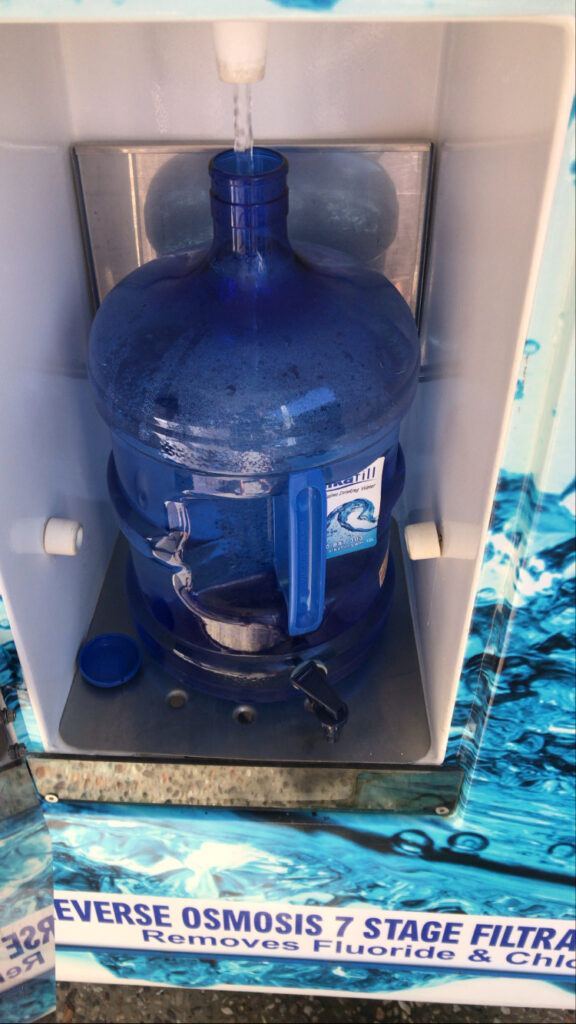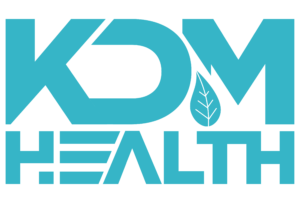Water and Hydration
Some people are into coffee. Others have wine cellars in their homes. Home brewing is definitely on the rise and then there’s those (sadly) addicted to soft drinks and energy drinks.
Me?
I’m into water. Got in to it heavily 15 years ago and have noticed the benefits ever since.
Cost: Low
Return: High
My kind of investment.
Without oxygen and water in our life, there is no life. Water helps regulate body temperature, carries nutrients and oxygen to our cells, removes waste, cushion joints, and protects organs and tissues1. It’s an unsung hero for our body and brain. Speaking of the brain, its positive affect on brain function (focus, memory and the like) is enormous too.
A simple rule of thumb; by the time you’re thirsty its too late, your body and brain are not functioning optimally. If health and/or performance, weather it be physical or cognitive is a priority, consistently abiding by this rule pays dividends.
Because we are what we repeatedly do, it’s our habits that determine our hydration as they do most things in life.
Habits like:
- Having a stainless steel water bottle with you through out the day
- Getting on the front foot of your water intake early everyday
- Drinking water between meals and ideally not with them
- Minimising or eliminating fluids that dehydrate the body
- Monitoring urine colour, frequency and volume
Ultimately, you need to experiment with the quantity you consume to conclude what’s best for you. It’s likely going to be far more than you expect and being thirsty is only a signal of opportunity cost. Hydration isn’t the sexiest of topics but it’s arguably one of the easiest ways to boost health and performance of the brain and body.
Next decision is what type of water to drink?

Tap water has things in it. Bacteria, nitrates, lead, pesticides, solvents, chemicals and the like, find their way into our water supply in trace amounts. We’re best off avoiding these things compounding in our bodies as we age.
That said, if nothing else is available and it’s generally considered ‘safe’ to consume in your country, drink tap water and a lot of it, if you’re not motivated to go the extra mile or simply not able to, as dehydration damages the brain and body. This takes precedence over the water quality discussion.
Generic store bought water filters can vary enormously in their effectiveness, but are a step up from tap water and a move in the right direction.
Water filtered with reverse osmosis (RO) technology has nothing in it. Everything is removed. It’s essentially ‘empty’ and light to drink. You can taste the difference and you’ll likely notice the difference, as your body will cue you to drink more of it. This has been my experience and the feedback I’ve received from countless athletes, clients and family/friends who’ve made the switch.
RO gets criticised for not having any nutrition in it. This is easy addressed via adding a mineral rich salt, such as Himalayan sea salt or a high quality clean electrolyte powder.
Distilled water, like RO does a great job removing impurities from drinking water.
Alkalized water is popular too. Provided it’s as filtered as RO and distilled water, then great.
Two final points to consider are water temperature and storage.
Drink water at whatever temperature you personally prefer. Consuming it is the priority. That said one observation I’ve noticed is leaning towards drinking warm/hot water from different cultures.
My first exposure to this was in the mid 1990’s reading an interview with Kyokushin tournament champion Kazumi. He said he drank warm green tea during training. Over the past 15 years I’ve noticed other Asian cultures order hot or boiling water when ordering water. I asked about it and was told it’s better for the stomach and digestion.
Using a stainless steel water bottle filled with clean water is the solution for daily water storage. There are plastic options, however you’ll need to weigh up the risk of chemical leaching from exposure to heat (leaving it in the car for example), scratching and general wear and tear.
A Note On Water Consumption while Training/Competing in Sport
Gone are the days of ‘water makes you weak’ in training. Don’t wait until game day to figure out your hydration strategy (water/electrolytes and/or nutrition). Instead practice and refine it during training leading up to competition. This way there are fewer surprises come game day.
Drinking optimal amounts of clean water is easy to do. But as Jim Rohn said it’s equally as easy not to do. So, what are YOU going to do?
1. Wentz, M., Wentz D. 2011, The Healthy Home, Page 168.
